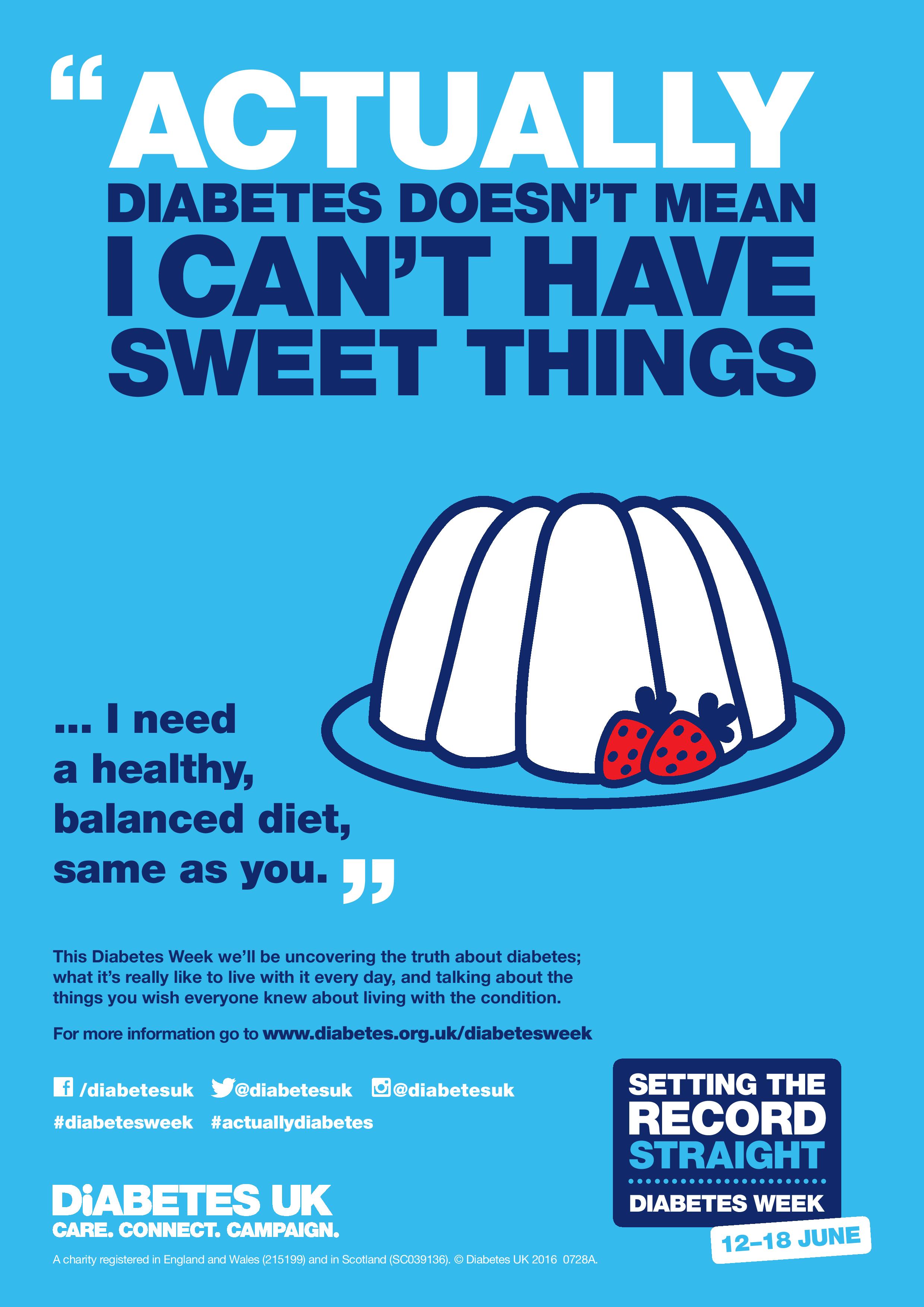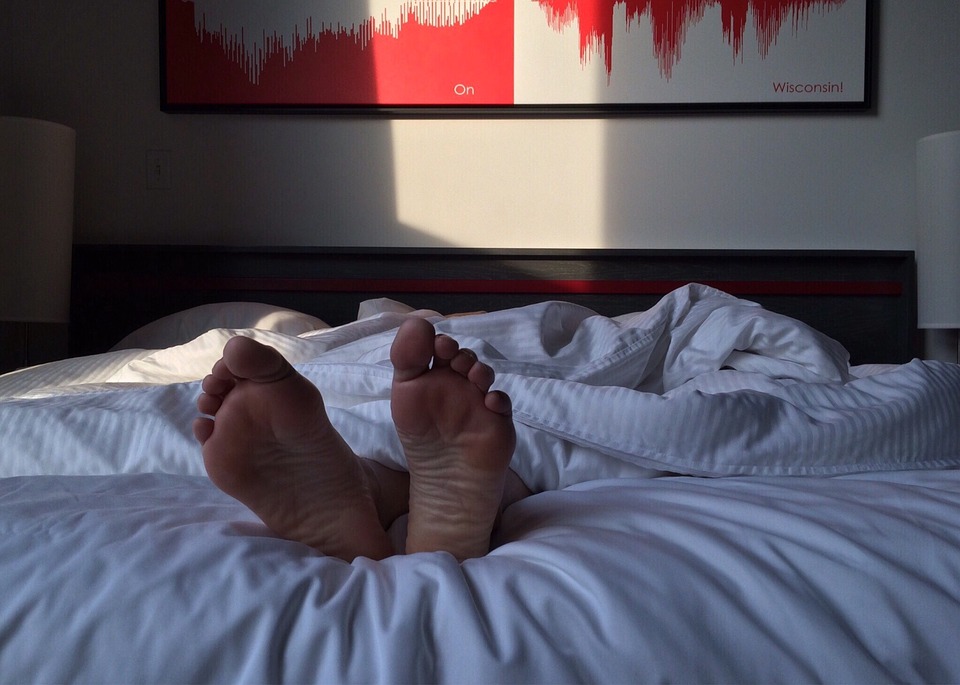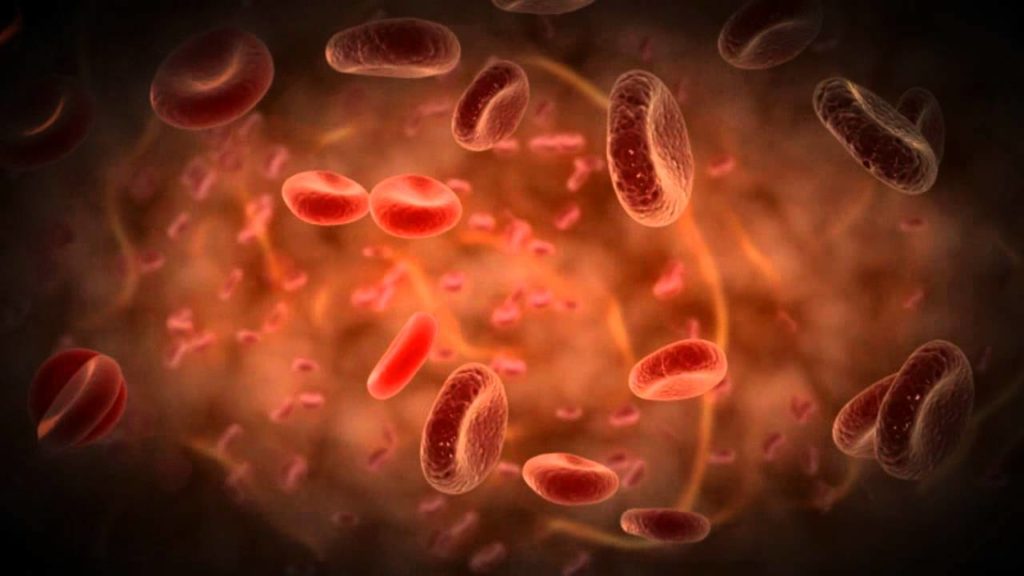diabetes
Why lack of sleep is bad for your health and seven reasons why a good night’s sleep boost your health!
Many effects of a lack of sleep, such as feeling grumpy and not working at your best, are well known. But did you know that sleep deprivation can also have profound consequences on your physical health?
One in three of us suffers from poor sleep, with stress, computers and taking work home often blamed.
However, the cost of all those sleepless nights is more than just bad moods and a lack of focus.
Regular poor sleep puts you at risk of serious medical conditions, including obesity, heart disease and diabetes – and it shortens your life expectancy.
It’s now clear that a solid night’s sleep is essential for a long and healthy life.
How much sleep do we need?
Most of us need around eight hours of good-quality sleep a night to function properly – but some need more and some less. What matters is that you find out how much sleep you need and then try to achieve it.
As a general rule, if you wake up tired and spend the day longing for a chance to have a nap, it’s likely that you’re not getting enough sleep.
A variety of factors can cause poor sleep, including health conditions such as sleep apnoea. But in most cases, it’s due to bad sleeping habits.
Find out the common medical causes of fatigue.
What happens if I don’t sleep?
Everyone’s experienced the fatigue, short temper and lack of focus that often follow a poor night’s sleep.
An occasional night without sleep makes you feel tired and irritable the next day, but it won’t harm your health.
After several sleepless nights, the mental effects become more serious. Your brain will fog, making it difficult to concentrate and make decisions. You’ll start to feel down, and may fall asleep during the day. Your risk of injury and accidents at home, work and on the road also increases.
Find out how to tell if you’re too tired to drive.
If it continues, lack of sleep can affect your overall health and make you prone to serious medical conditions, such as obesity, heart disease, high blood pressure and diabetes.
Here are seven ways in which a good night’s sleep can boost your health:
1. Sleep boosts immunity
If you seem to catch every cold and flu that’s going around, your bedtime could be to blame. Prolonged lack of sleep can disrupt your immune system, so you’re less able to fend off bugs.
2. Sleep can slim you
Sleeping less may mean you put on weight! Studies have shown that people who sleep less than seven hours a day tend to gain more weight and have a higher risk of becoming obese than those who get seven hours of slumber.
It’s believed to be because sleep-deprived people have reduced levels of leptin (the chemical that makes you feel full) and increased levels of ghrelin (the hunger-stimulating hormone).
3. Sleep boosts mental wellbeing
Given that a single sleepless night can make you irritable and moody the following day, it’s not surprising that chronic sleep debt may lead to long-term mood disorders like depression and anxiety.
When people with anxiety or depression were surveyed to calculate their sleeping habits, it turned out that most of them slept for less than six hours a night.
4. Sleep prevents diabetes
Studies have suggested that people who usually sleep less than five hours a night have an increased risk of having or developing diabetes.
It seems that missing out on deep sleep may lead to type 2 diabetes by changing the way the body processes glucose – the high-energy carbohydrate that cells use for fuel.
5. Sleep increases sex drive
Men and women who don’t get enough quality sleep have lower libidos and less of an interest in sex, research shows.
Men who suffer from sleep apnoea – a disorder in which breathing difficulties lead to interrupted sleep – also tend to have lower testosterone levels, which can lower libido.
6. Sleep wards off heart disease
Long-standing sleep deprivation seems to be associated with increased heart rate, an increase in blood pressure and higher levels of certain chemicals linked with inflammation, which may put extra strain on your heart.
7. Sleep increases fertility
Difficulty conceiving a baby has been claimed as one of the effects of sleep deprivation, in both men and women. Apparently, regular sleep disruptions can cause trouble conceiving by reducing the secretion of reproductive hormones.
How to catch up on lost sleep
If you don’t get enough sleep, there’s only one way to compensate – getting more sleep.
It won’t happen with a single early night. If you’ve had months of restricted sleep, you’ll have built up a significant sleep debt, so expect recovery to take several weeks.
Starting on a weekend, try to add on an extra hour or two of sleep a night. The way to do this is to go to bed when you’re tired, and allow your body to wake you in the morning (no alarm clocks allowed!).
Expect to sleep for upwards of 10 hours a night at first. After a while, the amount of time you sleep will gradually decrease to a normal level.
Don’t rely on caffeine or energy drinks as a short-term pick-me-up. They may boost your energy and concentration temporarily, but can disrupt your sleep patterns even further in the long term.
People with type 2 diabetes should ‘save carbs for last’
“Diabetics should save bread for last at mealtime to keep their blood sugar under control,” the Mail Online reports. A small study found that people with type 2 diabetes who saved their carbohydrates until the end of their meal were less likely to experience a sudden rise in their blood sugar (glucose) levels. The medical term for this spike in blood sugar levels is postprandial hyperglycaemia.
Postprandial hyperglycaemia is best avoided as not only can it make the day-to-day symptoms of diabetes worse, it has also been linked to an increased risk of developing cardiovascular disease.
It has been suggested that leaving carbohydrates until the end of a meal could slow the emptying of the stomach and give it a chance to digest the protein and vegetables first, which could help prevent a blood glucose spike. The researchers wanted to see whether this was true.
This study included just 16 people who ate the foods of their meal in different orders to test which order was most effective at lowering blood sugar and related hormones. They either ate carbohydrates first, carbohydrates last, or all nutrients together at the same time.
The researchers generally found that consuming carbohydrates last was better at lowering blood sugar levels and insulin secretion when compared to the other ways of eating carbohydrates.
While the results are interesting, the study was far too small to form the basis of any firm medical guidance. For now, it’s best to follow current advice, which is to consume a healthy diet and keep active to help you manage your blood sugar level. This will also help you control your weight and generally feel better.
Where did the story come from?
The study was carried out by US researchers from Weill Cornell Medical College, Columbia University and Boston Children’s Hospital. It was funded by the Louis and Rachel Rudin Foundation Grant, and Diane and Darryl Mallah from The Diane and Darryl Mallah Family Foundation.
The study was published in the peer-reviewed BMJ Open Diabetes Research & Care. It is available on an open-access basis and can be read for free online.
The Mail Online’s coverage generalised the results to all diabetics – but the study only looked at those with type 2 diabetes. People with type 1 diabetes typically require insulin injections to keep their blood sugar levels under control.
It also presented the findings as if they were a solid recommendation, but this is not the case, especially given this was an early-stage study using a very small number of people.
What kind of research was this?
This was a randomised crossover trial that aimed to determine the best time during a meal to eat carbohydrates to lower blood glucose levels in individuals with type 2 diabetes. The researchers also wanted to explore whether changing the order in which foods were eaten during a meal had any effect on the secretion of insulin and other glucose-regulating hormones.
Previous research has suggested that saving carbohydrates until the end of the meal lowers blood glucose levels. This follows on from the notion that eating proteins at the start of a meal stimulates insulin secretion (which helps control glucose levels). However, data on this hypothesis is limited and the researchers of this study wanted to investigate this idea further.
Crossover trials such as this are often used when the sample size is very small. Each person acts as their own control, which effectively increases sample size. The study would ideally need to be conducted using a much larger sample with people randomised to consume nutrients in different orders over a longer period to compare effects.
What did the research involve?
The researchers recruited 16 people with type 2 diabetes, between the ages of 35 and 65. All the participants had a body mass index (BMI) of between 25 and 40kg/m2 (covering the range from overweight to severely obese) and had been diagnosed with diabetes within the last 10 years.
All 16 people consumed the same meal on three separate days spaced out one week apart, with each meal following a 12-hour overnight fast.
The meals varied in terms of the order in which the nutrients were eaten. Participants were assigned the following meal types in random order:
carbohydrates first, followed by protein and vegetables 10 minutes later
protein and vegetables, followed by carbohydrates 10 minutes later
all nutrients eaten together
Blood samples were taken before consumption, and then at 30-minute intervals up to 180 minutes. The following were measured:
glucose levels
insulin levels (a hormone released in response to high glucose levels)
glucagon-like peptide-1 (GLP-1, a hormone secreted in the gut in response to food to signal the release of insulin)
glucagon levels (a hormone released in response to low glucose levels)
All participants were instructed to maintain their usual level of diet and physical activity during the full study period.
What were the basic results?
The following was observed:
When carbohydrate was consumed last, lower levels of insulin were secreted (24.8% lower than the meal with carbohydrates first), which would suggest a smaller spike in glucose. There was no significant difference between eating carbohydrates last and having all nutrients together.
Consistent with this, glucose levels were 53.8% and 40.4% lower in the meal with carbohydrates last compared to having carbohydrates first and all nutrients together, respectively.
The GLP-1 levels were higher in people who ate carbohydrates last.
Glucagon levels were not significantly different between the three meal conditions.
How did the researchers interpret the results?
The researchers concluded: “In this study, we demonstrated that the temporal sequence of carbohydrate ingestion during a meal has significant impact on postprandial glucose regulation. These findings confirm and extend results from our previous pilot study; the inclusion of a third nutrient order condition, a sandwich, had intermediate effects on glucose excursions compared with carbohydrates last versus carbohydrates first.”
Conclusion
This crossover trial investigated the optimal time to eat carbohydrates during a meal to lower blood glucose levels in individuals with type 2 diabetes. It generally found that consuming carbohydrates last was better at lowering glucose levels and reducing insulin secretion when compared to having carbohydrates first or all nutrients together.
The researchers say that suggesting people with type 2 diabetes follow this advice may be an effective behavioural strategy to improve glucose levels after meals.
Although the findings are interesting, there are a few points to note:
Most importantly, this study was very small. A study using a much larger sample could give completely different results. Ideally the findings would need to be verified in a well-designed trial that randomised a much larger number of people with type 2 diabetes to consume their nutrients in a specific order, and then followed their response to this pattern over a longer period of time.
There may be other factors affecting individual responses to the order of carbohydrate consumption – for example, the level of physical activity was not standardised across all participants. Again this is another factor that would need to be controlled in a larger trial.
We are all different – and saving carbohydrates until the end of a meal may only be effective for some people with type 2 diabetes, and not others.
The findings cannot be applied to people with type 1 diabetes.
These findings may pave the way for further research through larger trials, which in time may result in a change in the current recommendations for meal consumption for people with type 2 diabetes.
However, they have no current implications. For now, a healthy diet and keeping active will help you manage your blood sugar level. This will also help you control your weight and generally feel better.
What’s an Ideal Blood Sugar Level?
You want your blood sugar level to be as close as possible to that of someone who does not have diabetes or any other condition that affects blood sugar levels. Your doctor should tell you what your target blood sugar level is, and what you should do if your blood sugar falls outside a given range.
As a guide, someone with Type 2 diabetes should have a blood glucose level of 4-7mmol/l before meals, and less than 8.5mmol/l two hours after a meal. Pregnant women should have a fasting blood glucose level below 5.3mmol/l. The measurement mmol/l stands for millimoles per litre, which measures the concentration of a substance in a liquid.
How to Check Your Blood Sugar Level
Blood sugar levels are checked by measuring a small sample of blood. There are two ways to test your blood sugar levels: continuous glucose monitoring (CGM) or using a blood glucose meter.
Continuous glucose monitoring uses a small device worn under the skin. It measures blood sugar every few minutes and transmits the data to a display. You may be able to see your results in real time, or you may have to download them to see your historical numbers. A real-time CGM will alert you of a precipitous spike or decline in your blood sugar level.
CGM allows you to continuously track your blood sugar levels, even during the night. You can see when your level is starting to go up, so you can take action sooner and possibly prevent a spike. CGM will alert you to a spike even at a time when you don’t typically test. If you use insulin, you may be able to tailor your dosing to keep your sugar more level over the course of the day.
Using a blood glucose meter is a more traditional way to test your blood sugar, and some people prefer it to CGM. There are many different meters on the market, so consult with your doctor about which meter is right for you. Be sure you understand how to operate the meter correctly, as incorrect operation can provide incorrect results.
Understanding what blood sugar levels are, what your target level is, and how to read your level is critical to managing your diabetes or hypoglycemia.
Bowel incontinence – warning signs and treatments
Bowel incontinence is an inability to control bowel movements, resulting in involuntary soiling. It’s also sometimes known as faecal incontinence.
The experience of bowel incontinence can vary from person to person. Some people feel a sudden need to go to the toilet but are unable to reach a toilet in time. This is known as urge bowel incontinence.
Other people experience no sensation before soiling themselves, known as passive incontinence or passive soiling, or there might be slight soiling when passing wind.
Some people experience incontinence on a daily basis, whereas for others it only happens from time to time.
It’s thought one in 10 people will be affected by it at some point in their life. It can affect people of any age, although it’s more common in elderly people. It’s also more common in women than men.
Why bowel incontinence happens
Bowel incontinence is a symptom of an underlying problem or medical condition.
Many cases are caused by diarrhoea, constipation, or weakening of the muscle that controls the opening of the anus.
It can also be caused by long-term conditions such as diabetes, multiple sclerosis and dementia.
Read more about the causes of bowel incontinence.
Seeking advice and treatment
Bowel incontinence can be upsetting and hard to cope with, but treatment is effective and a cure is often possible, so make sure you see your GP.
It's important to remember that:
Bowel incontinence isn't something to be ashamed of - it's simply a medical problem that's no different from diabetes or asthma.
It can be treated - there's a wide range of successful treatments.
Bowel incontinence isn't a normal part of ageing.
It won't usually go away on its own - most people need treatment for the condition.
If you don't want to see your GP, you can usually make an appointment at your local NHS continence service without a referral. These clinics are staffed by specialist nurses who can offer useful advice about incontinence.
Read more about diagnosing bowel incontinence.
How bowel incontinence is treated
In many cases, with the right treatment, a person can maintain normal bowel function throughout their life.
Treatment will often depend on the cause and how severe it is, but possible options include:
lifestyle and dietary changes to relieve constipation or diarrhoea
exercise programmes to strengthen the muscles that control the bowel
medication to control diarrhoea and constipation
surgery, of which there are a number of different options
Incontinence products, such as anal plugs and disposable pads, can be used until your symptoms are better controlled.
Even if it isn't possible to cure your bowel incontinence, symptoms should improve significantly.
Read more about treating bowel incontinence.




